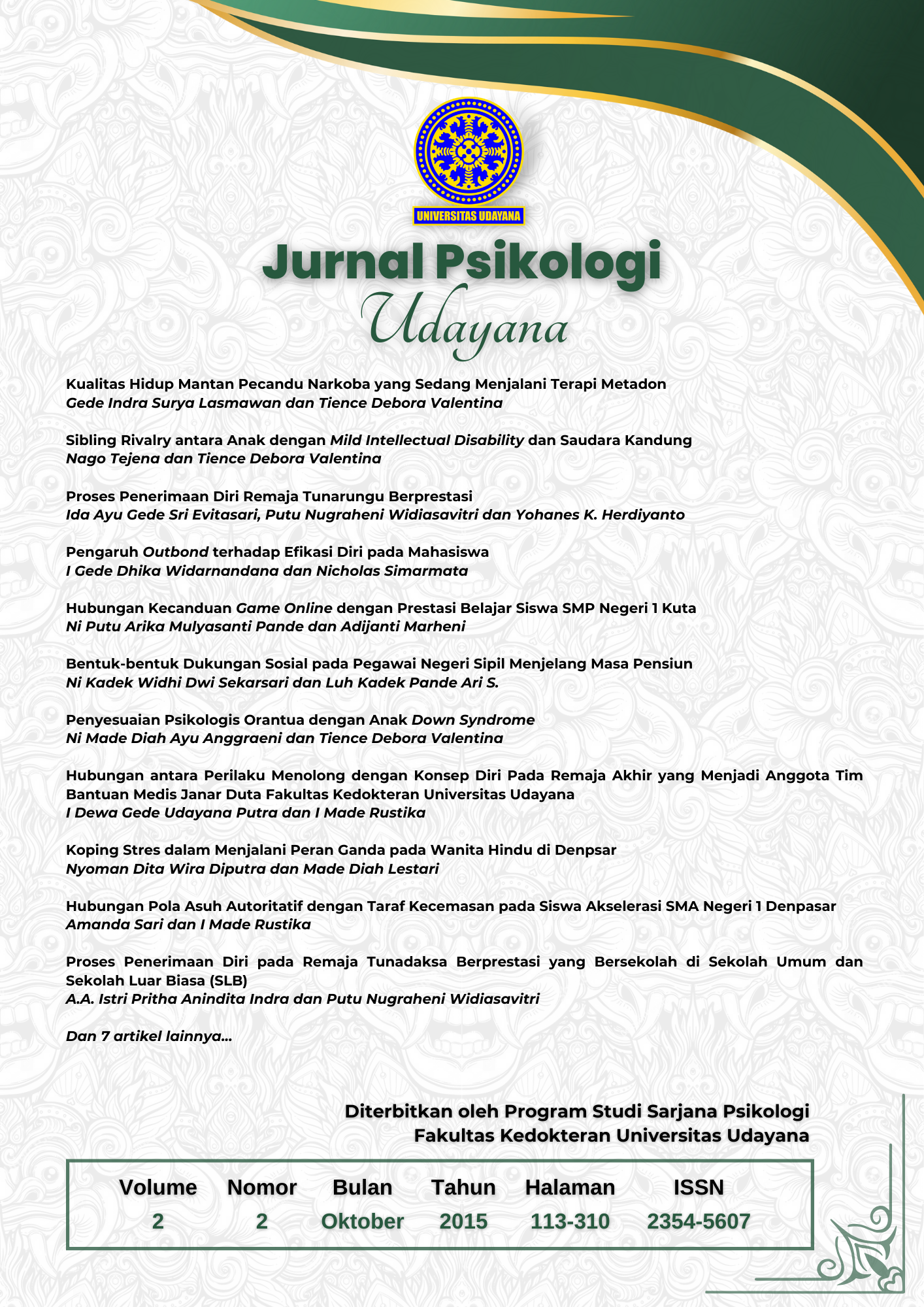GAMBARAN KEPERCAYAAN KONSUMEN DALAM BERBELANJA ONLINE DI FJB KASKUS
Abstract
As one of the sites used for marketing products, FJB Kaskus cannot be separated from the scams that a common in e-commerce business. Nevertheless, the velocity of money in FJB Kaskus has reached 100 billion dollars each month in which the figure has even beat omzet of Amazon.com for sale to the Regional Indonesian (Hartanto, 2009). This shows the importance of trust as a major factor that must be built in order to be able to attract consumers to buying. Trust not just be recognized by the other party or e-tailers due to the trust must be created from scratch and can be proven (Rofiq, 2007). Trust cannot be easily recognized by other party or e-tailers because trust must be created from beginning and can be proven (Rofiq, 2007).
This research was aimed to determine the overview of consumer trust in online shopping at FJB Kaskus. This research used qualitative methods and phenomenology design. Data were collected by using interview and observation technique with 5 respondents with experience in online shopping repeatedly at FJB Kaskus.
The result of this research shows that consumer trust can be described using trusting belief and trusting intention. Besides that, website information and seller information may affect consumer trust in online shopping at FJB Kaskus.
Key words: consumer trust, online shopping, FJB Kaskus.
Downloads
Authors who publish with this journal agree to the following terms:
- Authors retain copyright and grant the journal right of first publication with the work simultaneously licensed under a Creative Commons Attribution-ShareAlike 4.0 International License that allows others to share the work with an acknowledgement of the works authorship and initial publication in this journal.
- Authors are able to enter into separate, additional contractual arrangements for the non-exclusive distribution of the journals published version of the work (e.g., post it to an institutional repository or publish it in a book), with an acknowledgement of its initial publication in this journal.
- Authors are permitted and encouraged to post their work online (e.g., in institutional repositories or on their website) prior to and during the submission process, as it can lead to productive exchanges, as well as earlier and greater citation of published work (See The Effect of Open Access).













